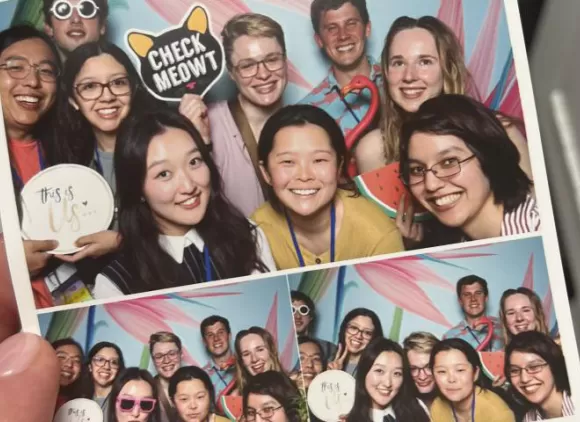Why become a fellow
Credit: John T. Consoli/University of Maryland
CSGrad4US fellowships make graduate school more accessible through:
- Mentorship. All fellows participate in a year-long preparation program. Mentors and coaches help the fellows identify a graduate program, find a research mentor, and apply to graduate programs. Fellows also form a network with one another and with faculty advisors.
- Funding. Once enrolled in a qualifying graduate program, fellows receive the following funding each year for three years. This funding is paid through the fellow's institution:
- $37,000 stipend
- $16,000 per year cost-of-education allowance.
Who is eligible
To be eligible for the CSGrad4US program, applicants must:
- Be a U.S. citizen, national or permanent resident.
- Intend to apply for full-time enrollment in a research-based doctoral degree program in a CISE field within two years.
- Have graduated with a bachelor's degree before December 31 of the previous year.
- Demonstrate CISE core competency (Read more Guidance on CISE Ph.D. Programs and Expected Background).
Applicants are not eligible for the CSGrad4US program if they:
- Have ever enrolled in or have a pending application or offer of admission for a doctoral degree-granting program in a CISE discipline.
- Have been enrolled in any degree-granting program after January 1 of the current year.
- Have previously accepted an NSF Graduate Research Fellowship grant.
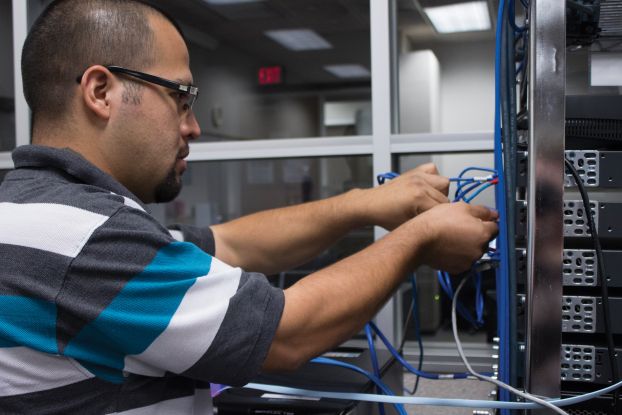
Credit: from ATE Centers Impact 2016-2017 (www.atecenters.org)
How to apply
The fellowship application is open January 15 – May 31, 2024. Those accepted will have access to the mentoring program August – December, 2024.
Application materials
To apply for the CSGrad4US program, you will need:
- Personal statement #1 describing relevant background experience.
- Personal statement #2 describing contributions to addressing underrepresentation in CISE disciplines.
- Reference letter.
- Academic transcripts.
- Resume (two pages).
Read the full description of eligibility and application requirements in the Dear Colleague Letter.
Timeline
- Apply for program: Early summer.
- Receive notification of award: Late summer.
- Participate in mentored preparation program: Fall through the following summer.
- Enroll in doctoral degree-granting programs: Next fall.
Featured fellows
Four CSGrad4US fellows share their experience and how the program impacted their education.
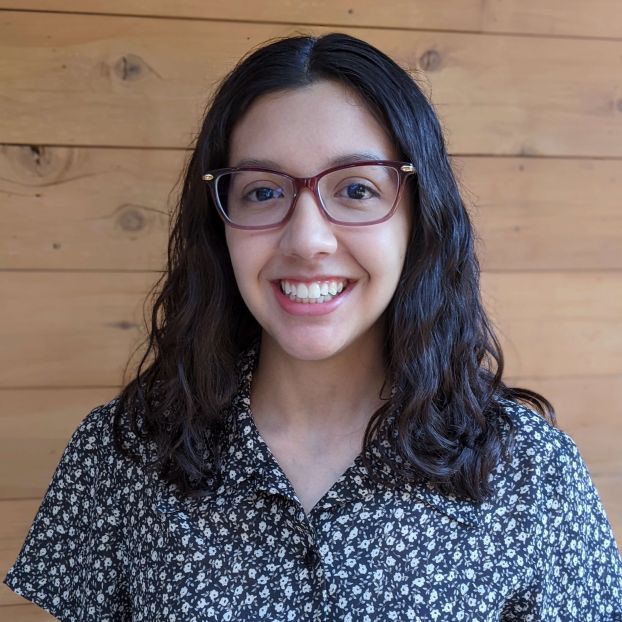
Credit: Brown University
Alyssa Cantu
Alyssa Cantu, who concentrated in computational biology at Brown University, transitioned from experimental lab-focused research as an undergraduate to computational research at the Texas Advanced Computing Center. Inspired by her supportive environment and colleagues, Cantu applied for the CSGrad4US fellowship. Cantu is pursuing a computer science doctorate at Rice University, where she explores alternative splicing differences across Alzheimer's disease-associated cell types.
Read the Brown Computer Science News story.
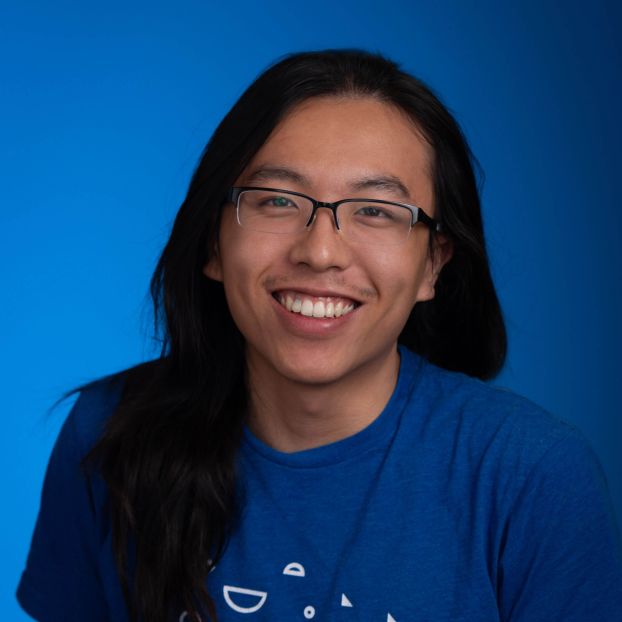
Credit: Brown University
Steven Shi
Steven Shi, who concentrated in computer science and mathematics at Brown University, worked as a software engineer at SingleStore and Google. Despite his success in industry, Shi's ambition to become a professor led him to the CSGrad4US fellowship, allowing him to pursue a computer science doctorate at The University of Texas at Austin, where he researches high performance multi-agent reinforcement learning simulations.
Read the Brown Computer Science News story.
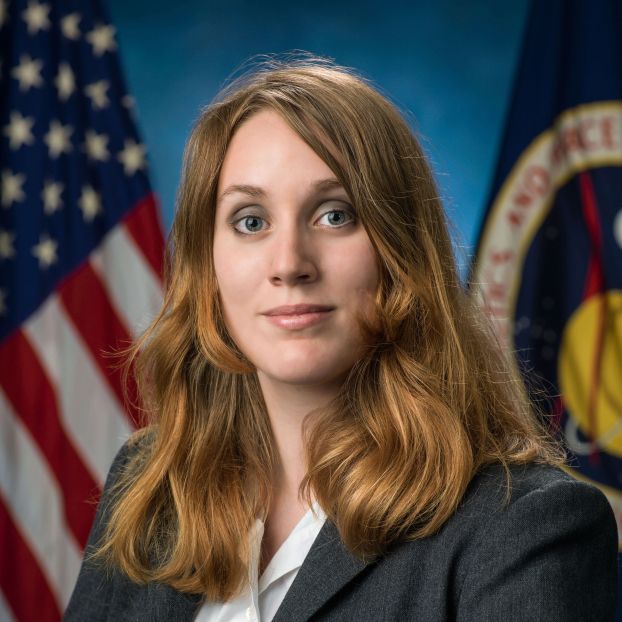
Credit: Cornell University Graduate School
Leah Lackey
Leah Lackey, who is focusing on motion planning and machine learning in robotics, highlights the program's role not only in securing funding but also in establishing a supportive network through group meetings, panels and one-on-one mentoring.
Read the Cornell Graduate School announcement.

Credit: Cornell University Graduate School
Travis Lloyd
Travis Lloyd, who studies how new technologies influence power dynamics in society, credits the fellowship for helping him clarify his goals and present himself as a strong applicant. He emphasizes the invaluable encouragement and guidance he received during the application process, making the prospect of a doctorate more accessible.
Read the Cornell Graduate School announcement.
Contact information
The CSGrad4US program is administered by the Computer Research Association.
For questions about the application process, please email csgrad4us@cra.org.


